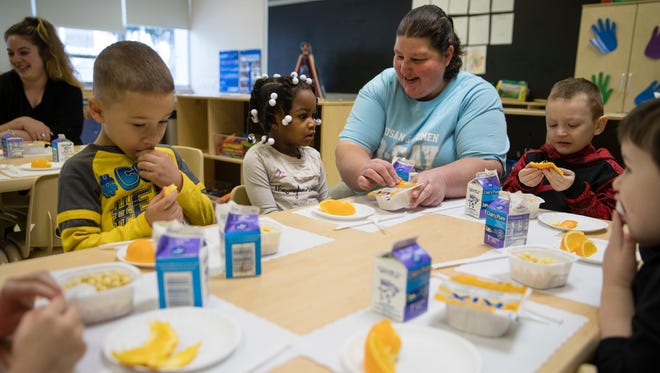Beverage tax sweetens Philly coffers, sours retailers

A contentious tax on sweetened drinks that poured a whopping $5.7 million into Philadelphia's coffers in its first month is devastating the beverage industry and damaging overall grocery sales, some business leaders say.
The 1.5-cents-per-ounce tax on sugary beverages and related syrups isn't cheap: It adds about $1 to the cost of a 2-liter bottle of soda. A 12-pack of 12-ounce sodas goes up $2.16. The tax won approval last year despite bitter opposition from many merchants and beverage distributors who now blame the tax for pay cuts and layoffs.
City Revenue Commissioner Frank Breslin on Thursday announced January's estimated tax haul, more than double predictions. The number could rise because not all distributors and dealers have registered and paid tax bills for the month, he added.
The estimate for the full fiscal year is more than $91 million, but the first few months were projected to be lower than average because inventory on hand Jan. 1 is not subject to tax.
"That the first month’s beverage tax revenues are so high is reason to believe the goal for the year will be met," said Marc Stier, director of the nonpartisan Pennsylvania Budget and Policy Center.
Revenue from the tax will help fund a pre-K program, parks, libraries and other projects. But Alex Baloga, vice president of external relations at the Pennsylvania Food Merchants Association, said the tax is doing more harm than good. His group is among the parties fighting the measure in court.
Cities proposing taxes on sugary soft drinks
Baloga said retailers immediately experienced a "massive" impact. Beverage sales are down sharply as many city residents cross into suburban counties to buy soda, he said. That has lead to changed shopping habits — some customers end up doing all their shopping outside the city, he said. Distributors and supermarkets in Philadelphia have already started announcing layoffs, he added.
"The important point is that this is having a dramatic, negative impact on retailers, businesses and customers in the city," he said. "The pain it is inflicting is very real on average, real people."
He dismissed Mayor Jim Kenney's claims the soda industry is greedy and unwilling to absorb the tax itself.
"When you almost double the cost of a product, it's impossible to absorb that kind of an increase," Baloga said.
Danny Grace, secretary-treasurer of Teamsters Local 830, said about 1,700 of his members are drivers, salesmen and account reps for the soda industry. He said the companies are reporting sales declines of 30% to 40%.
"Many of our members are seeing a reduction of 50% or more in their take-home pay," he said. "And I don't see the business coming back."
Jeff Brown, CEO of Brown's Super Stores, which manages several ShopRite stores in the city, told Philly.com this week that beverage sales are down 50% and overall sales are down 15%. He said he expects to shed 300 jobs in coming months.
“People didn’t change what they drink," Brown told the news site. "They changed where they’re buying it.”